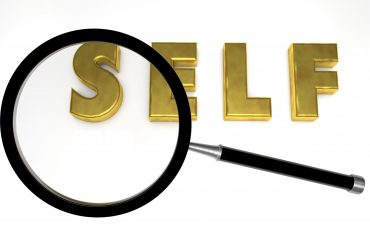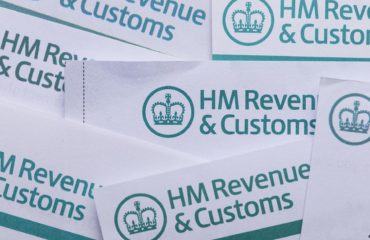
A third of taxpayers are yet to submit their completed self assessment tax return and pay any tax owed ahead of the deadline on 31 January, HMRC has warned
More than 12.2 million customers are expected to complete a tax return for the 2020/21 tax year.
HMRC is urging the four million taxpayers still to file their tax return, pay any outstanding liabilities or set up a payment plan, to do so ahead of the deadline as 5% interest will be applied to all outstanding balances from 1 February.
However, earlier this month, HMRC announced they would waive penalties for one month for late filing of tax returns and late payments. The changes mean:
- anyone who cannot file their return by the 31 January deadline will not receive a late filing penalty if they file by 28 February; and
- anyone who cannot pay their tax liabilities by the 31 January deadline will not receive a late payment penalty if they pay their tax in full, or set up a time to pay arrangement, by 1 April.
Myrtle Lloyd, HMRC’s director general for customer services, said: ‘We know some customers may struggle to meet the self assessment deadline on 31 January which is why we have waived penalties for one month, giving them extra time to meet their obligations.
‘And if anyone is worried about paying their tax bill, they can set up a monthly payment plan online – search ‘pay my self assessment’ on gov.uk.’
There are no changes to HMRC’s self assessment helpline opening times. The telephone service will not be open on Saturday 29 or Sunday 30 January and will operate as normal until 6pm on Monday 31 January.
The existing time to pay service allows any individual or business who needs it the option to spread their tax payments over time. Self assessment taxpayers with up to £30,000 of tax debt can do this online once they have filed their return.
1 April is the last date to pay any outstanding tax or make a time to pay arrangement, to avoid a late payment penalty.
If taxpayers owe more than £30,000, or need longer to pay, they should call the self assessment payment helpline on 0300 200 3822.
The 2020/21 tax return covers earnings and payments during the pandemic. Taxpayers will need to declare if they received any grants or payments from the Covid-19 support schemes up to 5 April 2021 on their self assessment, as these are taxable, including:
Self-Employment Income Support Scheme;
Coronavirus Job Retention Scheme; and
other Covid-19 grants and support payments such as self-isolation payments, local authority grants and those for the Eat Out to Help Out scheme.
The £500 one-off payment for working households receiving tax credits should not be reported in self assessment.
Self-employed taxpayers who need to claim certain contributory benefits soon after 31 January 2022 need to ensure their annual Class 2 National Insurance Contributions (NICs) are paid on time. This is to make sure their claims are unaffected. Class 2 NICs are included in the 2020/21 balancing payment that is due to be paid by 31 January 2022.
Self-employed taxpayers who have profits below £6,475 in the 2020/21 tax year and want to pay voluntary Class 2 NICs for contributory benefit after 31 January 2022 or paid voluntary Class 2 NICs via self assessment before 31 January 2022 but will not file their return until after 31 January will need to contact HMRC on 0300 200 3500 for assistance.
HMRC urges everyone to be alert if they are contacted out of the blue by someone asking for money or personal information. Taxpayers should always type in the full online address www.gov.uk/hmrc to get the correct link for filing their self assessment return online securely and free of charge. HMRC sees high numbers of fraudsters emailing, calling or texting people claiming to be from the department. If in doubt, HMRC advises not to reply directly to anything suspicious, but to contact them straight away and to search gov.uk for ‘HMRC scams’.



